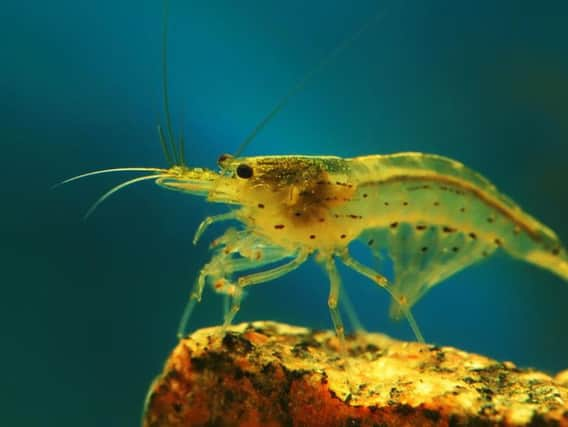Scientists find traces of cocaine and ketamine in UK-bred shrimps


Researchers from King’s College London in collaboration with the University of Suffolk, made the surprising discovery after sampling 15 locations across the county.
What were the findings?
The study, published in Environmental International, looked at the levels of various ‘micro-pollutants’ in freshwater shrimp.
Advertisement
Hide AdAdvertisement
Hide AdThe animals were sampled from the rivers Alde, Box, Deben, Gipping and Waveney in Suffolk.
It said, “Cocaine was found in all samples tested, and other illicit drugs such as ketamine, pesticides and pharmaceuticals were also widespread in the shrimp that were collected.”
According to the Guardian, lead author Thomas Miller from King’s said the concentrations of the drugs were low, but that the compounds might pose a risk to wildlife.
Leon Barron, one of Mr Miller’s colleagues, said the discovery of a regular occurence of drugs in wildlife was “surprising” and would be expected to be more likely in urban areas such as London than rural areas like Suffolk.
What is the risk to wildlife health?
Professor Nic Bury, from the University of Suffolk, said, "Whether the presence of cocaine in aquatic animals is an issue for Suffolk, or more widespread an occurrence in the UK and abroad, awaits further research.
"Environmental health has attracted much attention from the public due to challenges associated with climate change and microplastic pollution.
"However, the impact of 'invisible' chemical pollution (such as drugs) on wildlife health needs more focus in the UK."